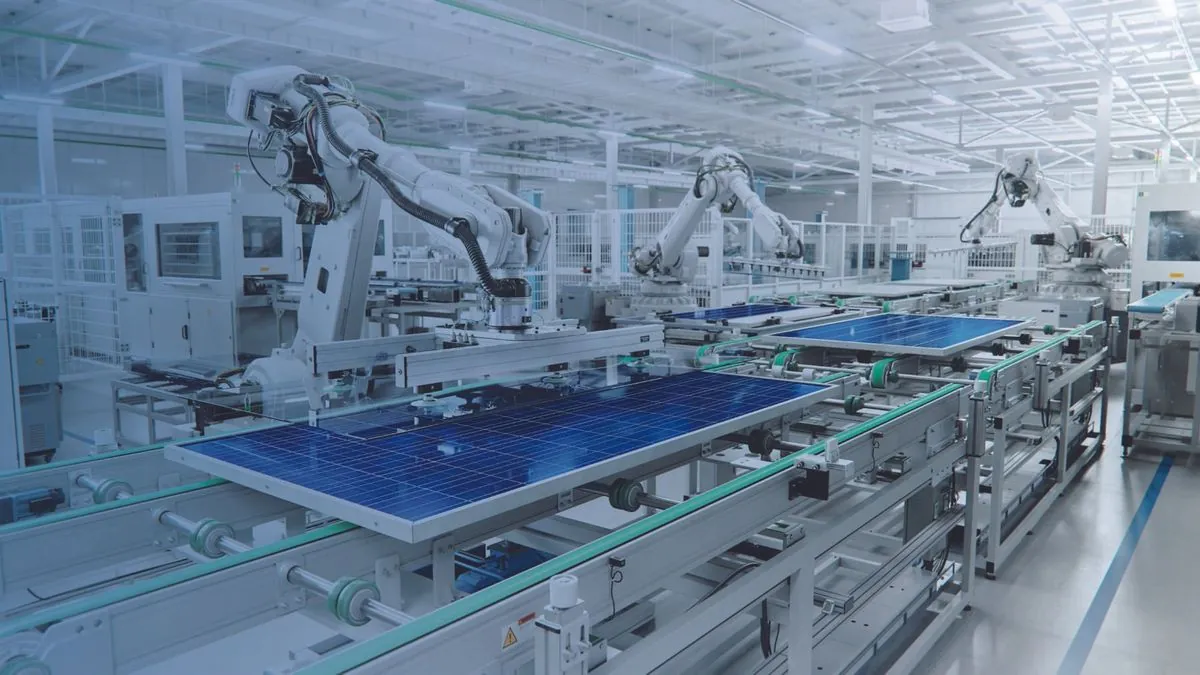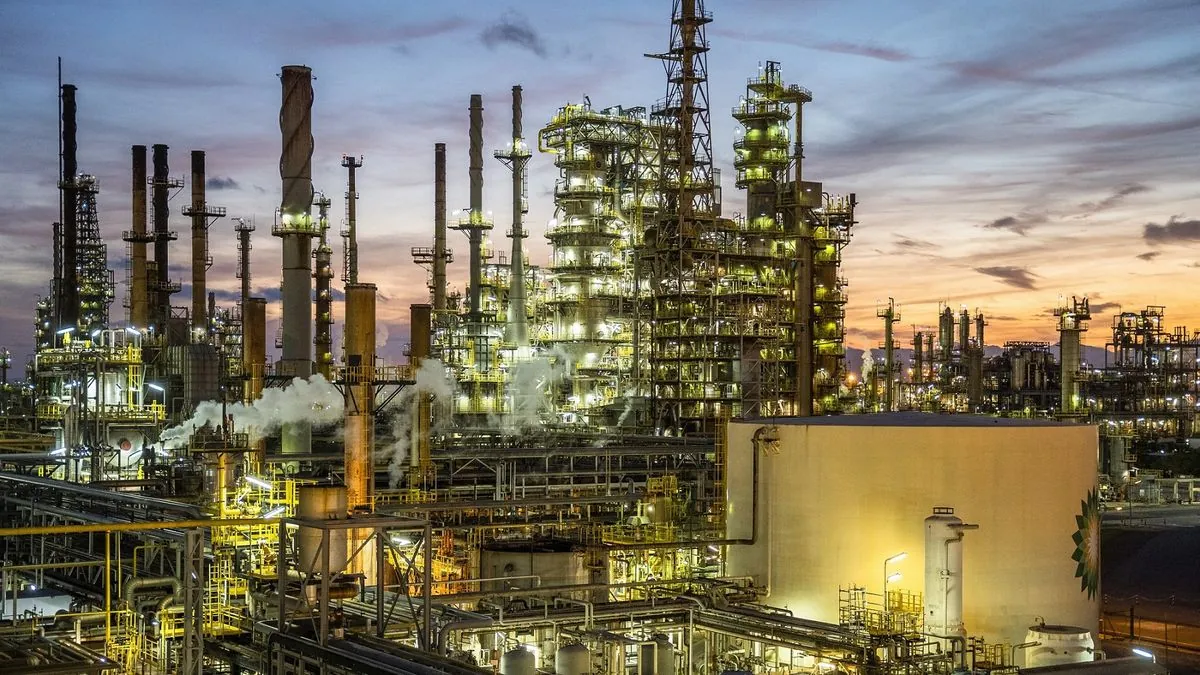UN-Backed Initiative Reveals Financing Hurdles for Low-Carbon Projects
High-emitting industries struggle to finance over 450 large-scale low-carbon projects due to weak demand for green products. UN-backed initiative highlights potential to unlock $700 billion in financing by 2030.

The Industrial Transition Accelerator (ITA), a UN-backed initiative, has revealed that high-emitting industries are facing significant challenges in financing more than 450 large-scale low-carbon projects. The primary obstacle is the insufficient demand for green products, which hinders justification for substantial investments.
According to the ITA, addressing this "critical investment barrier" could potentially unlock $700 billion in financing by 2030. This funding would be crucial for decarbonizing six key sectors: steel, chemicals, aluminium, aviation, shipping, and cement. These industries collectively account for approximately one-third of global CO2 emissions.
The ITA, launched during the COP28 climate talks in Dubai in late 2023, collaborates with industries, investors, and governments to promote the green transition of "hard-to-abate" sectors. The initiative has identified 473 proposed net-zero aligned projects across the six sectors, which cover about 80% of the emission reductions required by 2030 to meet Paris Agreement climate goals.
Faustine Delasalle, executive director of the ITA Secretariat, expressed concern about the difficulty in translating project announcements into actual construction. While companies are announcing projects in good faith and possess the necessary technologies for decarbonization, they struggle to make a compelling business case.

A notable example of this challenge is Shell's decision in July 2024 to "pause" construction of a sustainable aviation fuel plant in Rotterdam. This high-profile case underscores the broader issues faced by companies in the green transition.
The ITA emphasizes the crucial role of government procurement in building a market for green products. Government purchases account for approximately 25% of global steel demand and 40% of cement use. To stimulate investment in low-carbon projects, the ITA suggests several policy interventions:
- Implementation of new product standards
- Introduction of carbon pricing mechanisms
- Mandates requiring consumers to purchase green products
Delasalle stressed the importance of government action, stating, "We really need governments to improve the conditions to ensure the investment case is robust, and the investment case is robust when there is one simple thing - when you have a buyer ready to pay the price that you need."
As the world approaches the 9-year mark since the adoption of the Paris Agreement, the urgency to implement effective decarbonization strategies in hard-to-abate sectors becomes increasingly apparent. The ITA's findings highlight the need for a coordinated effort between industries, governments, and consumers to create a viable market for green products and drive the transition to a low-carbon economy.
"The number of announced projects is getting where we need it to be. Our biggest worry is the difficulty of translating announcements into actual construction."


































